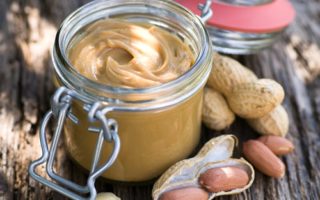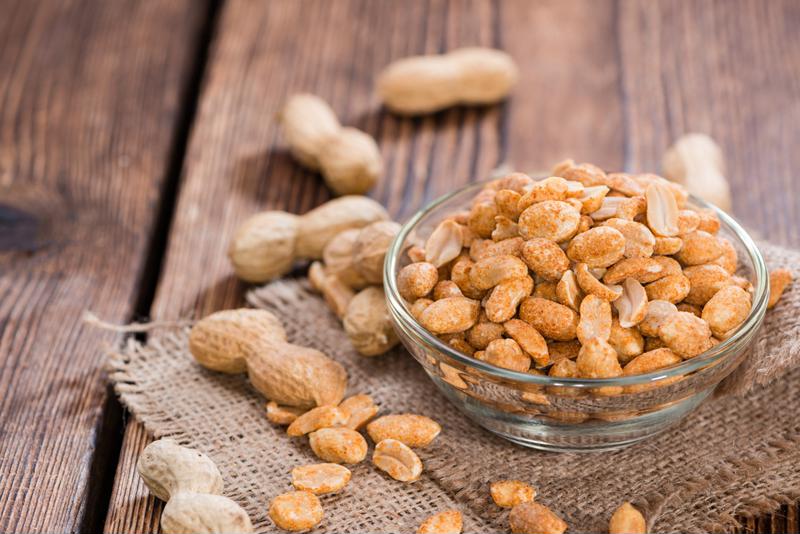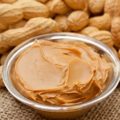
Parents of young children have worked to understand numerous health guidelines for their infants and toddlers that seem to change on an almost daily basis. Perhaps the most noticeable and consequential of these are the guidelines on how to introduce certain foods to babies in an effort to prevent allergies. Now a new FDA-approved product might make it easier for parents to stave off the risk of their child developing an allergy to peanuts, among the most common food allergies in the U.S.
The product in question is called Hello Peanut, and is essentially a peanut powder that can be readily mixed into pureed baby food. This allows parents to begin introducing their infants to peanuts from an age as young as five months. The most recent research on peanut allergies suggests that early introduction is a key factor in preventing the development of an intolerance or allergy later in life. However, despite the Hello Peanut's FDA-approved claims that it can help in this prevention effort, its manufacturer acknowledges that evidence to support that claim is limited.
The FDA announced its decision to approve the manufacturer's claim Sept. 7, and released a standard disclosure message that would appear on the packaging of Hello Peanut and any similar products. This marked the first time the FDA has ever allowed a company to make claims that it helps prevent an allergy. The message reads as follows:
"For most infants with severe eczema and/or egg allergy who are already eating solid foods, introducing foods containing ground peanuts between 4 and 10 months of age and continuing consumption may reduce the risk of developing peanut allergy by 5 years of age. FDA has determined, however, that the evidence supporting this claim is limited to one study.
If your infant has severe eczema and/or egg allergy, check with your infant's healthcare provider before feeding foods containing ground peanuts."
Helping prevent peanut allergies
Parents could be easily forgiven for finding even this official FDA guidance somewhat confusing. The instructions for using Hello Peanut correctly are also very detailed. The "introduction kit" includes seven packets of powdered peanuts and sprouted oats that can be mixed into baby food as soon as they are able to eat solids, but generally between the ages of four to 10 months. The amount of powder is supposed to gradually increase from 200 milligrams per day to 2 grams by the end of the first week. Then parents are advised to continue with "maintenance" packets of 2 grams of powder until the child is old enough to eat peanut butter or solid peanuts.

For those willing to follow these detailed instructions, there is also a fairly significant financial cost. The week-long introduction kit retails for $25, while three-week maintenance kits cost $20. If the regimen were followed to the letter, it could end up costing hundreds of dollars until children are able to eat traditional peanut products.
That's why health experts suggest that parents could opt for a less expensive alternative made from ordinary peanut products. Just mix equal parts creamy peanut butter and warm water to form a soupy baby food and feed to infants on a regular basis. It also stands to reason that parents could make their own peanut powder in a food processor for mixing into other food.
While the success of Hello Peanut as a consumer product hasn't been determined yet, other food manufacturers stand to benefit from the precedent it sets. The FDA will allow companies to include the same label on any product containing peanuts that's suitable for consumption by infants. But the FDA and consumer groups stress that these labels do not promise to treat or cure any disease, and parents must always follow their pediatrician's guidelines when introducing peanut products.









